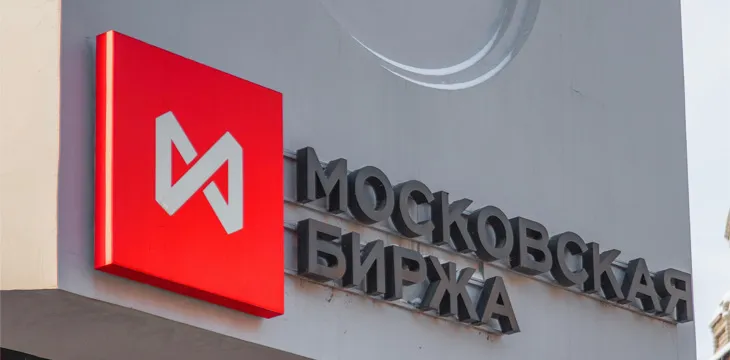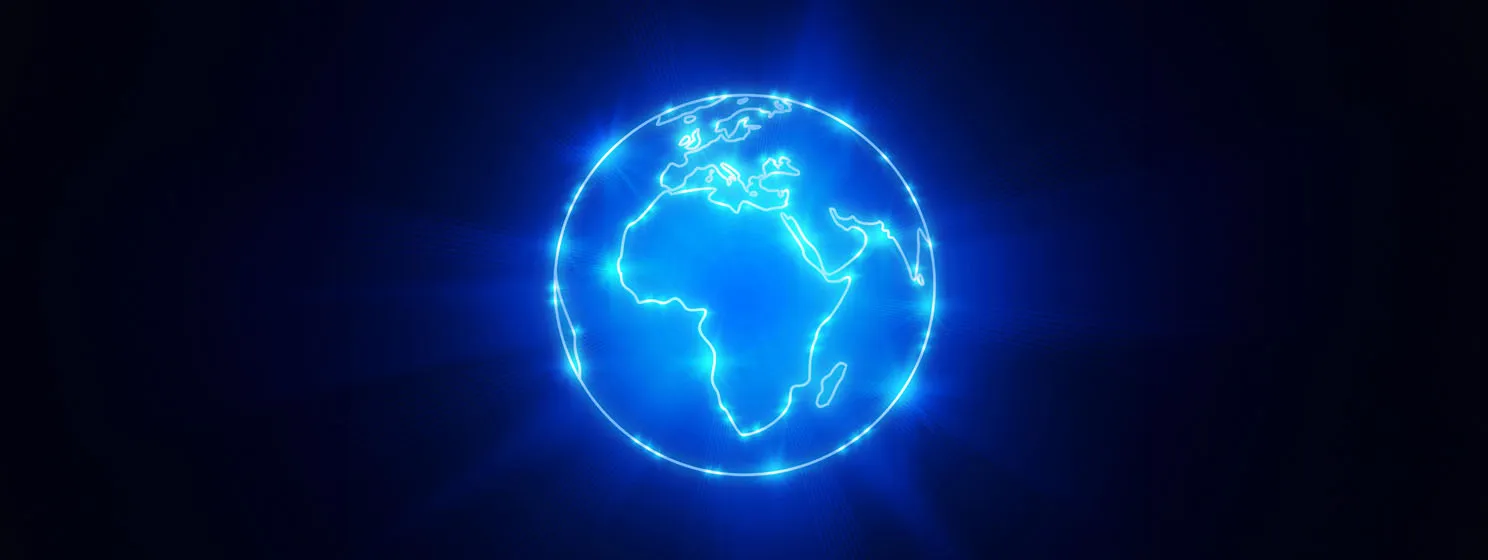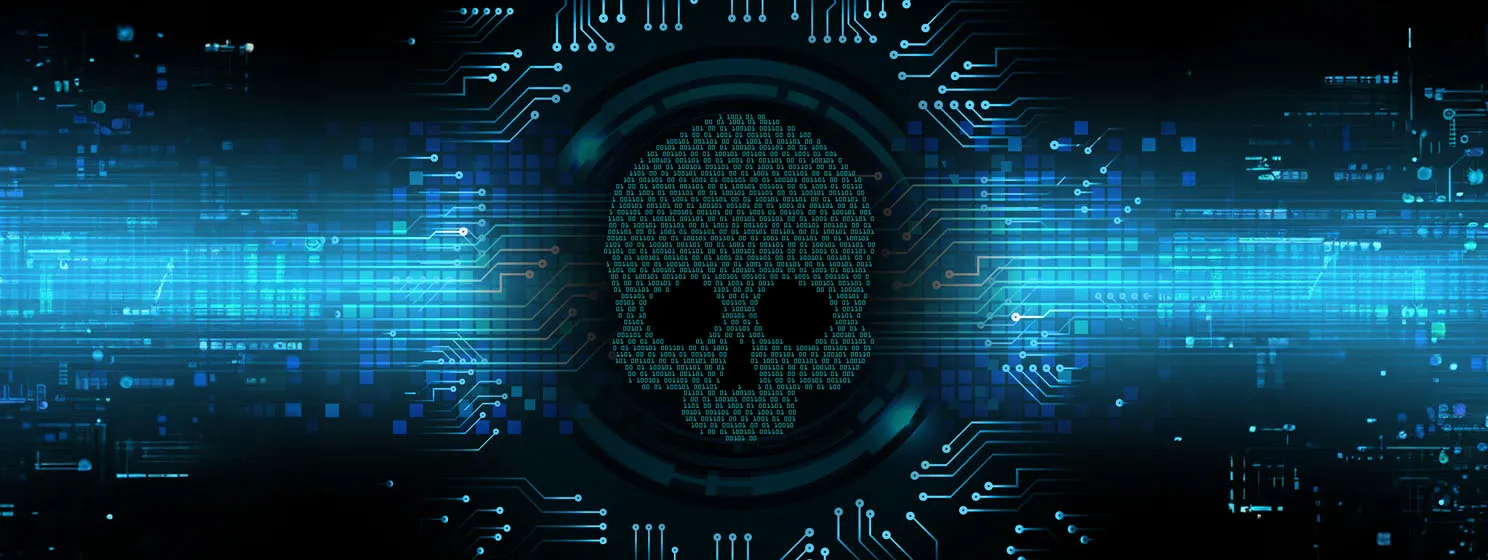|
Getting your Trinity Audio player ready...
|
The Moscow Exchange (MOEX) has disclosed plans to work on a proposed law allowing it to trade digital financial assets (DFAs) and securities based on the offerings. Local publication Vedomosti reported that the stock exchange operator is also looking to “allow depositories to issue receipts for DFAs” that will operate as securities.
MOEX Chairman Sergey Shvetsov told reporters at a symposium that apart from the issuance of receipts, the institution will enter the digital assets markets by launching its own financial products based on distributed ledger technology (DLT).
“We want the market to make its own choice, blockchain accounting or depositary accounting, and if the law is passed, then Russian depositories will be able to accumulate DFA’s on their accounts in the blockchain,” Shvetsov said. “As soon as the client needs the underlying asset, he will redeem the receipt to his account in blockchain to receive the asset.”
MOEX is drafting the bill on behalf of the Central Bank of Russia, which confirms speculation that the move has the approval of the highest echelon of the country’s regulators. The central bank lacks the legislative backing to introduce new bills, but Shvetsov says key officials are reviewing the bill.
The move for the exchange to trade DFAs has been in the works for some time, with Anatoly Aksakov, head of the Russian Banking Association, suggesting that MOEX turns to digital asset operations. Aksakov noted that the institution “will do an excellent job with the task of handling cryptocurrency operations.”
The calls for the exchange’s expansion to handle DFAs come on the heels of the transition of the Toronto Stock Exchange and the Deutsche Boerse to broaden their offerings.
The plan could hit a brick wall
While the plan has triggered a wave of excitement among digital asset enthusiasts, the road ahead for MOEX might be fraught with some challenges. Shvetsov revealed that one of the main problems that could plague the move is a lack of familiarity, but this could have a silver lining if the cards are well played.
“When you don’t know who to call and who to sue, many people don’t want to participate,” he said. “However, it’s a blank sheet that we can draw whatever we want on, according to the needs of the economy and investors.”
In August, Bank of Russia governor Elvira Nabiullina warned that digital assets should not be traded on organized marketplaces because of their inherent volatility. Despite the stance of critics, Russia is tilting toward digital assets as a way to settle international transactions as the sanctions bite harder.
Watch: The BSV Global Blockchain Convention panel, Tokenizing Assets & Securities on Blockchain

 07-11-2025
07-11-2025 





